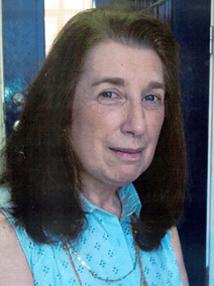BibTex format
@article{Clarke:2021:10.1016/j.kint.2021.03.009,
author = {Clarke, CL and Prendecki, M and Dhutia, A and Gan, J and Edwards, C and Prout, V and Lightstone, L and Parker, E and Marchesin, F and Griffith, M and Charif, R and Pickard, G and Cox, A and McClure, M and Tedder, R and Randell, P and Greathead, L and Guckian, M and McAdoo, SP and Kelleher, P and Willicombe, M},
doi = {10.1016/j.kint.2021.03.009},
journal = {Kidney International},
pages = {1470--1477},
title = {Longevity of SARS-CoV-2 immune responses in hemodialysis patients and protection against reinfection},
url = {http://dx.doi.org/10.1016/j.kint.2021.03.009},
volume = {99},
year = {2021}
}

